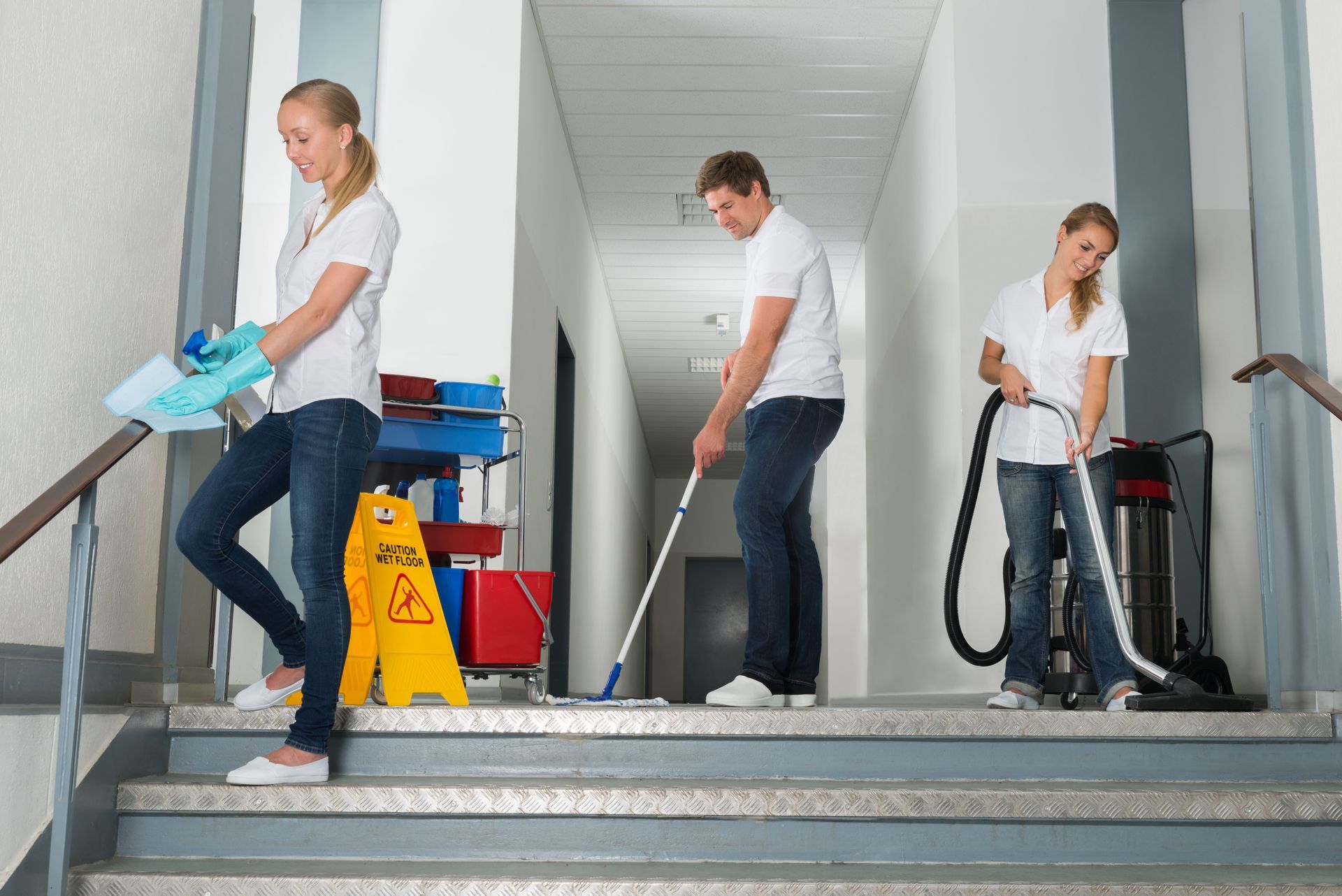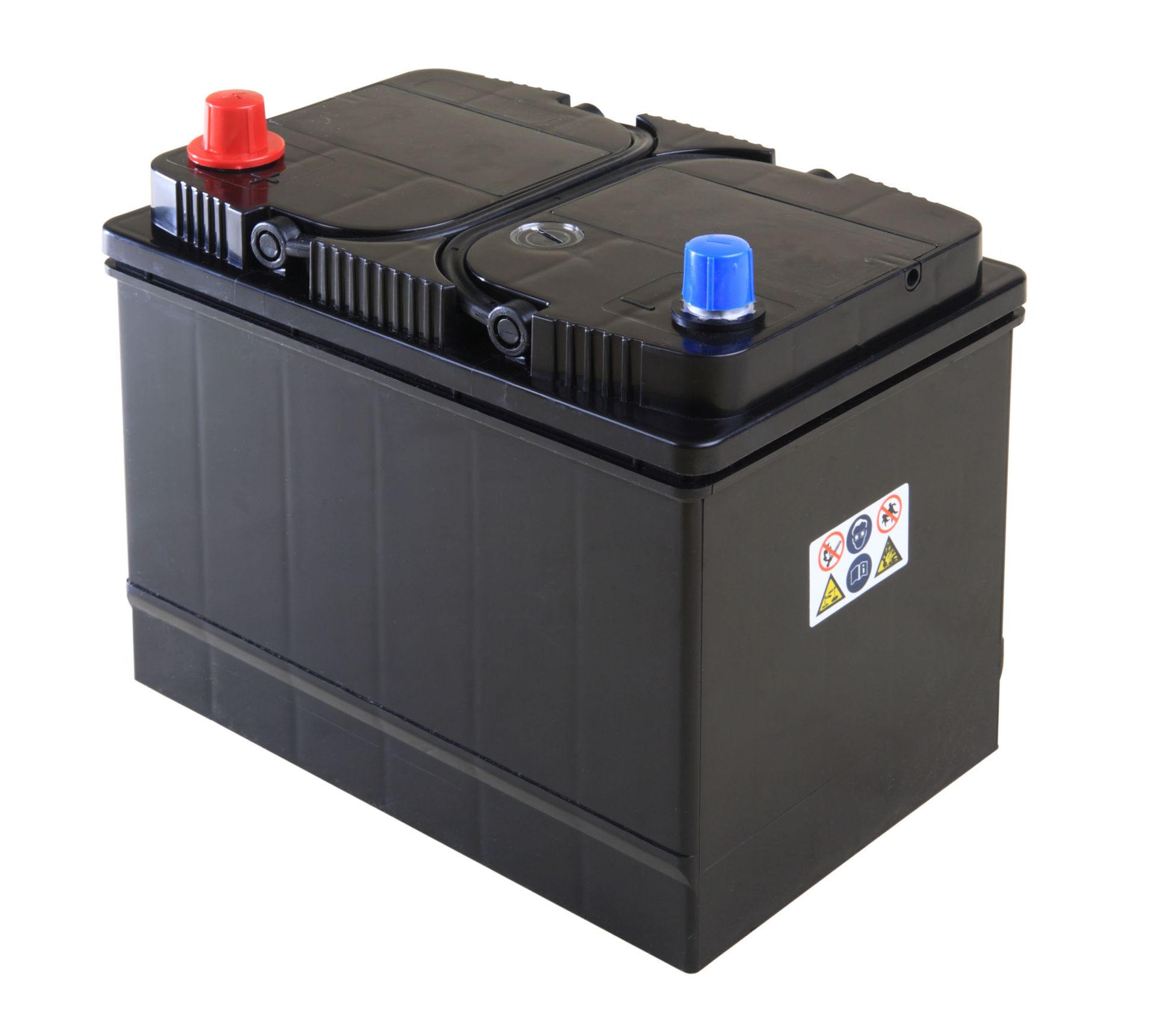How Long Do Scrubber and Sweeper Batteries Typically Last?
Highlights:
- Typical lifespan for scrubber and sweeper batteries ranges from 3 to 5 years depending on type and use.
- Factors like charging habits, maintenance, and operating conditions directly affect longevity.
- Lithium-ion options often outlast traditional lead-acid batteries.
- Preventive care helps avoid premature replacement and improves performance.
- Jefferson Battery Co Inc in Jefferson, LA offers expert guidance on battery lifespan and replacement options.
When facility managers and cleaning professionals invest in scrubber and sweeper batteries, one of the first questions they ask is how long the batteries will last. On average, these batteries typically perform reliably for three to five years, though this can vary depending on type, usage, and care. Lead-acid batteries, for example, often fall toward the lower end of that range, while lithium-ion batteries can last longer thanks to their more durable chemistry and management systems. According to ACE Battery, lead-acid floor scrubber batteries generally last 2-5 years, while lithium-ion variants may last 5-10 years, depending on usage and maintenance.
Usage Habits and Longevity
The way scrubber and sweeper machines are used plays a major role in battery life expectancy. Heavy daily usage, long shifts, or improper charging routines can shorten battery life significantly. Batteries thrive under a consistent charge-and-discharge cycle, but deep discharging or leaving them undercharged regularly can reduce their lifespan. In facilities where equipment is used for multiple shifts daily, batteries will naturally wear out faster than in lighter-use environments. For businesses in Jefferson, LA, consulting with Jefferson Battery Co Inc can help operators develop best practices tailored to their specific usage needs and workload demands.
Maintenance Practices That Matter
Proper maintenance habits extend the life of scrubber and sweeper batteries. Tasks like keeping terminals clean, checking fluid levels in flooded lead-acid models, and ensuring chargers are matched to the battery type all prevent premature wear. According to ToolSense, regular inspection and cleaning of terminals and cables-and adhering to manufacturer charging guidelines-are essential for preserving battery life and avoiding costly downtime.
FAQ
Can I extend battery life by charging more frequently?
Yes, opportunity charging with compatible chargers can help in some cases, but frequent improper charging may shorten lifespan.
What's the first sign my scrubber battery is failing?
Shorter run times between charges and slower performance usually indicate weakening capacity.
Should I replace all machine batteries at once?
Yes, if your machine uses multiple batteries in a pack, replacing them together ensures balanced performance.
Beyond maintenance and charging routines, environmental conditions also influence how long scrubber and sweeper batteries last. Extreme heat can accelerate chemical breakdown and degrade internal components, while cold temperatures slow reactions and reduce usable capacity. Machines stored in clean, climate-controlled settings tend to see longer battery life than those exposed to dust, humidity, or temperature swings. According to a U.S. Department of Energy, battery life and performance are "strongly impacted by temperature," with high and low extremes shortening useful service life.
Lead-Acid Versus Lithium-Ion Lifespans
The choice between lead-acid and lithium-ion batteries also determines lifespan expectations. Traditional flooded lead-acid batteries are typically cost-effective but require frequent maintenance and generally last three to four years. AGM and gel variants may last slightly longer under proper care. Lithium-ion batteries, while more expensive, can often reach five years or more of service with lower maintenance requirements. For Jefferson, LA businesses considering long-term investment, Jefferson Battery Co Inc provides guidance on whether upfront costs of lithium-ion may be justified by the extended operational life they provide.
Training and Operator Behavior
Operators play a pivotal role in battery life, and their habits can either protect or shorten the lifespan of the power source. Practices such as avoiding over-discharge, following proper shutdown protocols, and using the correct charger all matter. Training programs help employees understand the consequences of poor handling, including reduced productivity and more frequent battery replacement. When operators understand that batteries are not just consumables but valuable assets, they become more motivated to handle them properly, ultimately saving companies both money and time.
fAQ
Are lithium-ion batteries always a better choice?
Not always-while they last longer, their higher upfront cost means they're not ideal for every budget.
How do I know if my machine has the right charger?
Check the specifications of both the machine and the charger; mismatched charging equipment can damage batteries.
Can extreme humidity damage scrubber batteries?
Yes, moisture can corrode terminals and create electrical resistance, reducing performance.
One of the most frequent mistakes facility managers make is allowing scrubber and sweeper batteries to sit unused for extended periods without charging. Batteries left idle often self-discharge, which can lead to sulfation in lead-acid models and permanent loss of capacity. Similarly, overfilling water in flooded batteries or ignoring low electrolyte levels can reduce lifespan drastically. Businesses that rely on their equipment daily cannot afford this kind of neglect. By scheduling preventive maintenance and setting up reminders, companies can avoid these avoidable mistakes and maximize their return on investment.
When Replacement Becomes Necessary
Even with the best practices, all batteries eventually wear out and lose efficiency. Replacing batteries at the right time prevents downtime and ensures the cleaning operation runs smoothly. Waiting too long to replace failing batteries can strain the machine's electrical system, leading to more costly repairs. Partnering with a trusted local supplier ensures you get the right type of replacement without unnecessary delays. In Jefferson, LA, Jefferson Battery Co Inc has become a go-to source for companies that want to maintain efficient cleaning operations with reliable battery replacement options.
The Value of Proper Battery Investment
Scrubber and sweeper batteries represent an ongoing investment, but they directly influence productivity and efficiency in commercial cleaning operations. Choosing the right battery type, training operators, and sticking to proper maintenance schedules helps businesses get the most out of each purchase. By factoring in usage patterns and operating environment, managers can predict battery replacement cycles and budget more effectively. In the long run, this proactive approach saves money, reduces downtime, and supports better machine performance, ensuring that operations continue running smoothly day after day.
FAQ
How can I tell if my battery charger is damaging the battery?
If the charger feels unusually hot or batteries fail sooner than expected, the charger may not be properly matched.
Is there a way to test remaining battery life?
Yes, voltage testing and load testing can help determine the health and capacity of the battery.
Can I recycle old scrubber and sweeper batteries?
Absolutely-most suppliers, including Jefferson Battery Co Inc, offer recycling programs for used batteries.
Recycling programs not only help businesses dispose of old batteries responsibly but also reduce environmental impact by keeping hazardous materials out of landfills. Lead-acid batteries, in particular, are among the most recycled products in the world, with their components often reused in new batteries. Lithium-ion recycling is improving as infrastructure expands, offering more sustainable options for companies upgrading equipment. By working with trusted suppliers like Jefferson Battery Co Inc in Jefferson, LA, facility managers can streamline battery replacement while supporting green initiatives and compliance with environmental regulations. These programs also demonstrate a company's commitment to corporate responsibility, which can enhance its reputation with clients and stakeholders. Over time, integrating recycling into operational practices can contribute to both cost savings and long-term sustainability goals.










Share On: